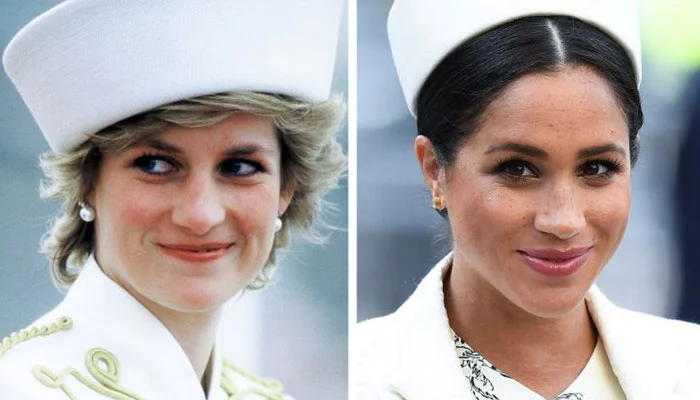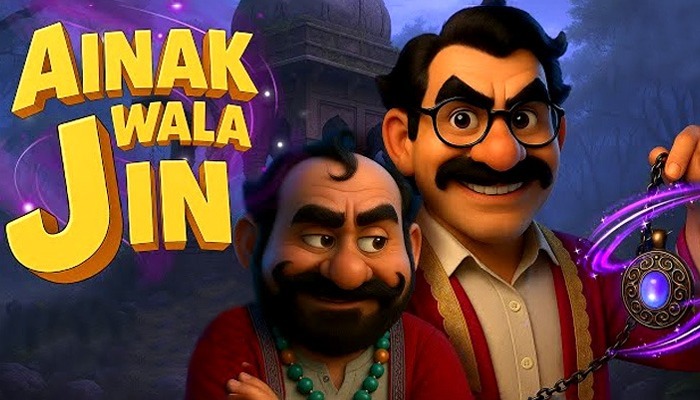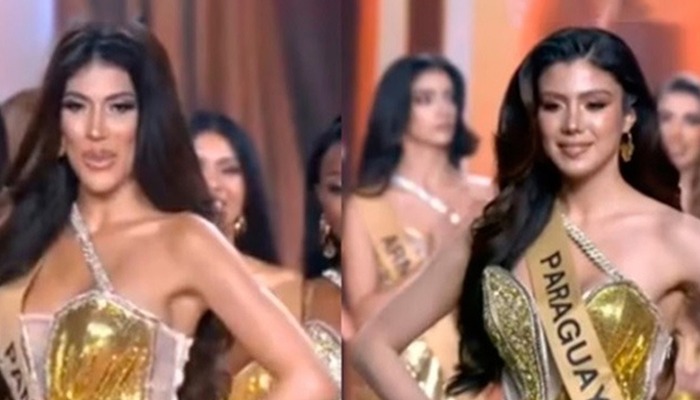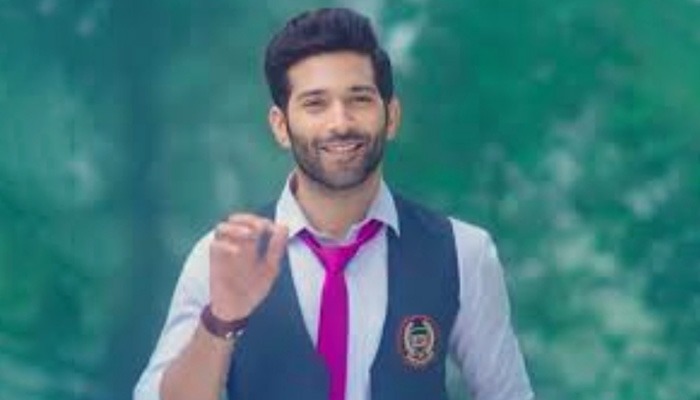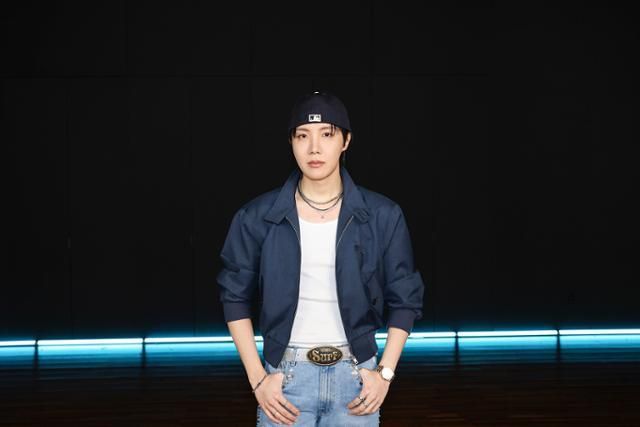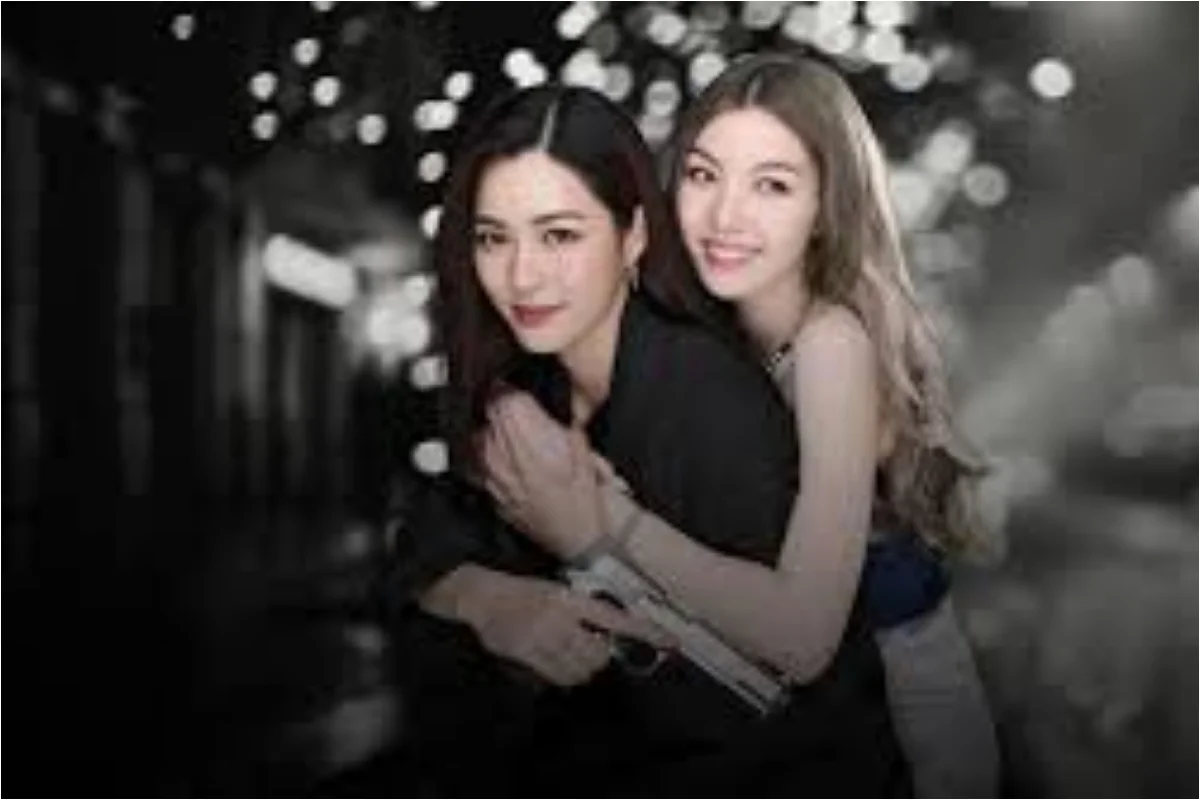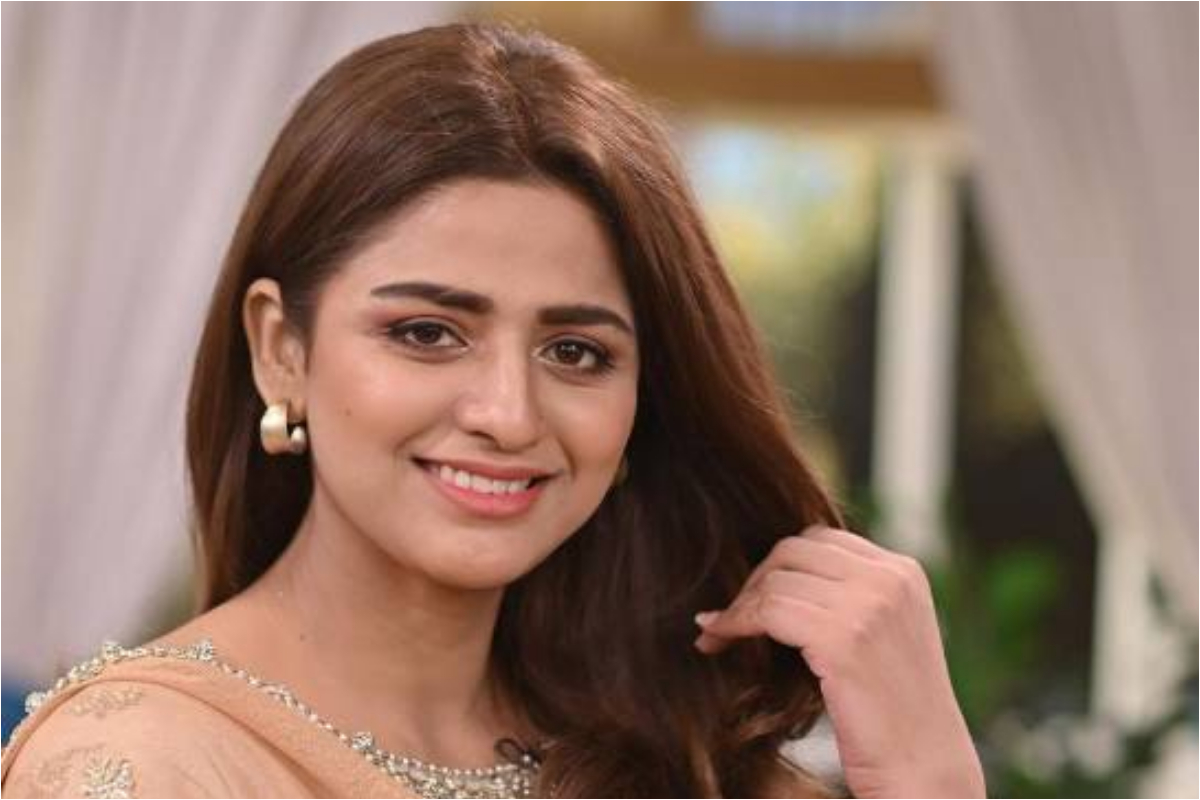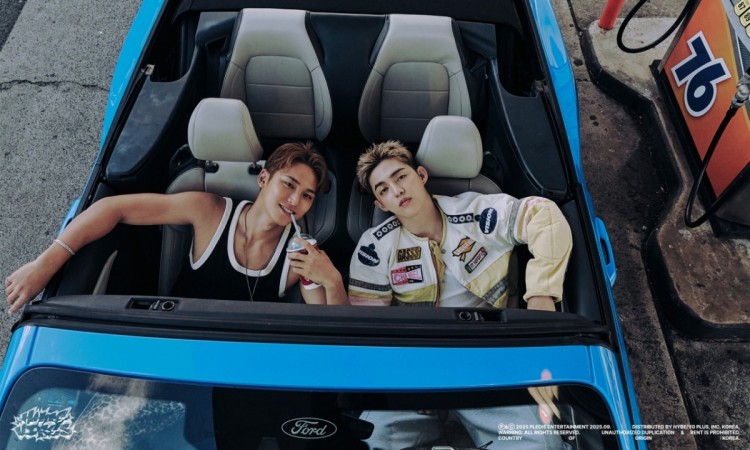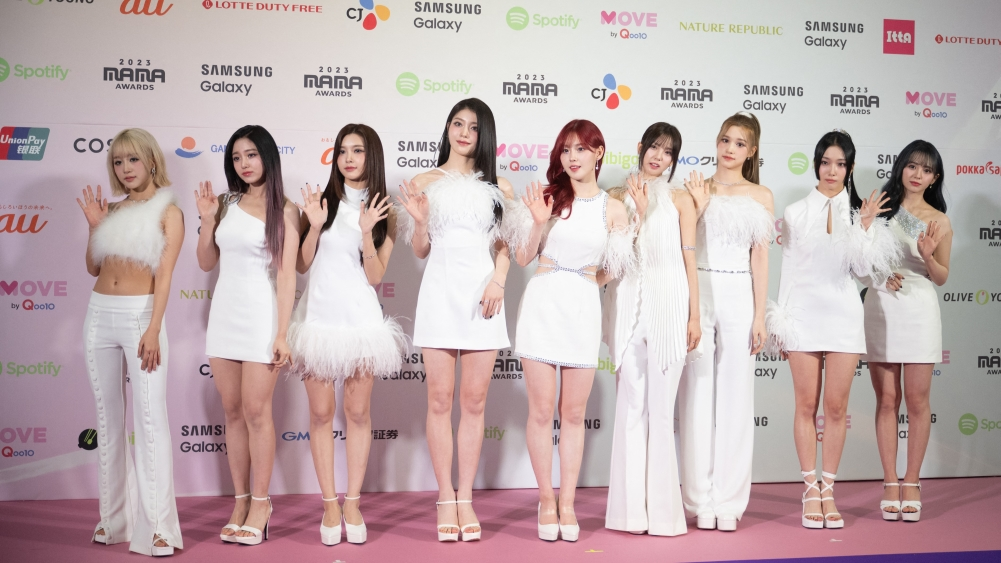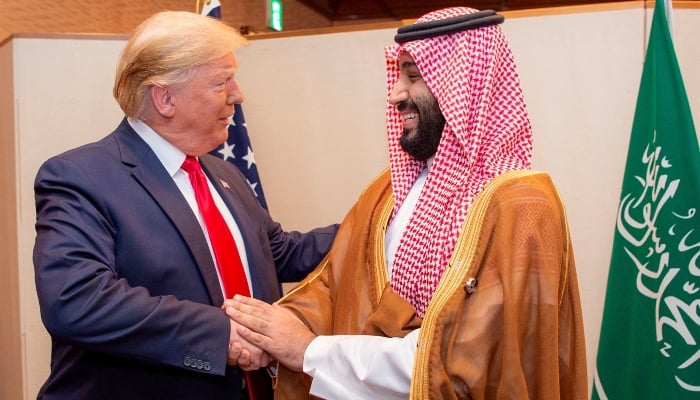In honour of our International Women’s Day digital issue, we’re looking at royal women from Meghan Markle to the Countess of Wessex who are proud to call themselves feminists.
Meghan joked in the spring of 2019 while presiding over an International Women’s Day conference during the final stages of her pregnancy with Archie that she felt the “embryonic kicking of feminism.”
During her tenure as a senior royal, the Duchess provided a significant boost to those who are passionate about equality, with campaigns to re-employ vulnerable women, support for sex workers, solidarity with girls in South Africa’s toughest townships, and highlighting period poverty.
With her trailblazing record, it’s easy to overlook the other empowered royals who have demonstrated that women can change the world.
The Queen
Who can forget Meghan’s impassioned speech in New Zealand about women’s suffrage, delivered in front of a portrait of the Queen? It was a reminder that the Duchess was present with the blessing of Harry’s grandmother, subtly aligning the monarchy with 21st-century values. To maintain her neutrality, the Queen rarely expresses her personal views on current events, such as feminism. However, as the only monarch most of us have ever known, she has normalised the idea of a woman at the helm through her consistency and dignity.
The Queen has normalised the idea of a woman at the helm
Certainly, the royal matriarch won over The Crown’s Olivia Colman, who played her on the big screen. Olivia declared herself to have “fallen in love” with the Queen, describing her as “the ultimate feminist” and “no shrinking violet.” “She is the primary breadwinner. She appears on our coins and banknotes. Prince Philip must walk alongside her “Olivia stated.
The Oscar winner went on to mention the Queen’s time in the Women’s Auxiliary Territorial Service during WWII. Second Subaltern Elizabeth Windsor trained as a mechanic and kept her parents informed of her progress. “We had spark plugs all night at dinner,” the Queen Mother boasted. Her passion for automobiles was evident once more when she drove King Abdullah of Saudi Arabia to Balmoral in 1998. Women were not permitted to drive in his kingdom at the time, so imagine his surprise when the Queen motioned him to the passenger seat and took the wheel.
Winston Churchill predicted another Golden Age under a second Queen Elizabeth when he pledged his allegiance after her father, King George VI, died. “Our Queens’ reigns have been well-known. Under their sceptre, some of the most important periods in our history have occurred “declared Britain’s most illustrious wartime leader
Princess Diana
Until Princess Diana’s time, Victorian ideals dictated the boundaries of a royal consort’s behaviour, but she defied all expectations. According to Anne McElvoy, senior editor at The Economist who has followed both the late Princess Diana and Meghan’s work, Diana’s life was “a triumph of feminine strength in practise.” “Like many feminists of various eras and temperaments, Diana was intent on transcending expectations and background, with a healthy dose of wilfulness thrown in,” she says.
Whereas society expected her to suffer in silence, she openly discussed her bulimia, self-harm, and postpartum depression. People expected her to focus on picking out tiaras and cutting ribbons, but instead she walked through minefields, shook hands with AIDS patients, and touched India’s Untouchables. In her final television interview, she revelled in being “a strong woman doing her bit.”
The Countess of Wessex
The Countess of Wessex, another strong woman of Diana’s generation, is using her platform to empower women and girls. “We must ensure that the silence that hides pain and suffering is transformed into voices of hope,” Sophie previously told Commonwealth leaders in a speech, urging them to promote “a feminist peace” in which women serve as negotiators, peacekeepers, and political leaders in conflict zones.
Sophie, a former public relations executive who ran a successful business before marrying into the royal family, is also a global ambassador for 100 Women in Finance, an initiative to increase female role models in the industry. “We need everyone, men and women, to support this mission,” she said at a New York conference. “We all stand to benefit if we make greater strides toward parity.
Queen Elizabeth I
No Princess would have dared to advocate for equality 400 years ago. However, Elizabeth I was forced to address the issue of her suitability to rule as a woman on several occasions. In a speech to her troops before a battle with King Philip II’s Spanish Armada in 1588, she said, “I know I have the body of a weak, feeble woman, but I have the heart and stomach of a King.”
She wasn’t afraid to use feminine mystique to keep her courtiers enslaved. She was a spin doctor before the term was coined, creating the myth of the Virgin Queen, married only to England, knowing that marriage and children would jeopardise her independence. “I will only have one mistress and no master here,” she told an overzealous suitor.
According to playwright Joanna Carrick, who wrote Progress about the Queen’s image-making tours, Elizabeth would never have thought of herself as a feminist icon. “The concept of women’s rights and women being allowed to do everything men can do would never occur to her, yet as an individual she was that; she lived that ideal. She was brilliant at sports and horseback riding, extremely active, and possessed a massive intellect; she was living proof that women are absolutely incredible.”
Queen Victoria
Our other great Queen, Victoria, would not have considered herself a feminist. She was not thrilled with women becoming doctors or having the right to vote, and she privately referred to the suffragette movement as a “mad, wicked folly.” However, by reshaping the monarchy along female lines, Victoria made a direct contribution to empowerment. She put the concepts of a loving family and a true home at the heart of it, making it much more relatable to ordinary people. Dr Amanda Foreman, curator of an exhibition commemorating her birth’s 200th anniversary, stated that she transformed the “fabric of the building” at Buckingham Palace. And she made it available to the general public.
The “traditions which we now associate with the modern monarchy” were established by Europe’s grandmother, according to the historian. “Whether it’s a balcony party, a garden party, or bringing people into the palace to commemorate very important national and public events. That type of relationship is very much a female relationship; it is an expression of female power; it is about family, duty, loyalty, and public service, not military might.”
Queen Letizia of Spain
“Every girl born anywhere in the world should be able to choose what she wants to do with her life because it’s wonderful to be a woman… Or it should be.” In 2015, the Spanish royal used these words to condemn injustices such as female illiteracy, FGM, child marriage, the gender pay gap, and domestic violence.
The former journalist met husband King Felipe while reporting on an oil spill in Galicia, and she had previously broadcast from Ground Zero and Iraq. She brings a wealth of professional experience to her role as a Queen of the twenty-first century, having travelled to Haiti, El Salvador, Honduras, and Mozambique to promote her causes.
The World Health Organization’s Dr Maria Neira praised Letizia’s work, saying: “She is a European Queen, a modern Queen who is not afraid to speak her mind. ‘We know what happens in the world, and much of what happens is completely unacceptable,’ she says. And we have to do something about it.'”
Queen Rania of Jordan
Rania is eager to spread her family’s example to the rest of the world. She is a vocal advocate for gender equality, taking on difficult issues such as domestic violence, honour killings, child abuse, and religious extremism. She praised Arab women for their “spirit of steel” at the HeforShe summit in 2018. She urged men to join her as allies “You’ll never know what it takes to lift women who are burdened by obstacles. HeForShe’s Arab chapter should be lit up. Because when everyone is rooting for her, we’re more than the sum of our parts “..
Queen Maxima of the Netherlands
Maxima, a former investment banker, is deeply committed to alleviating poverty through inclusive finance. She has been a UN Special Advocate since 2009, promoting access to bank accounts, insurance, loans, and pensions as a means of improving women’s lives.
Catharina Amalia, the eldest of her three daughters, is the heir to the throne, implying that there will be even more female power in the future. This could explain Maxima’s positive response when asked if she was a feminist during a conference with Angela Merkel. “I want all women to have the freedom of choice and opportunities to be happy and proud of themselves,” the Dutch Queen responded. “I am a feminist if that is a feminist.” At that point, the German leader agreed, saying, “Then I am.”

